Keywords: Control
There are more than 200 results, only the first 200 are displayed here.
-

AUSTRALIA
- Andrew Hamilton
- 23 September 2021
15 Comments
Unlike December 25, September 26 is a World Day that passes by in silence. It calls for the Elimination of all Nuclear Weapons. Nuclear power is too mysterious to understand, too horrific to dwell on, and too far away to take responsibility for. It and its destructive power are unthinkable. And yet it continues to press on us, most recently in the announcement that Australia will build nuclear-powered submarines.
READ MORE 
-
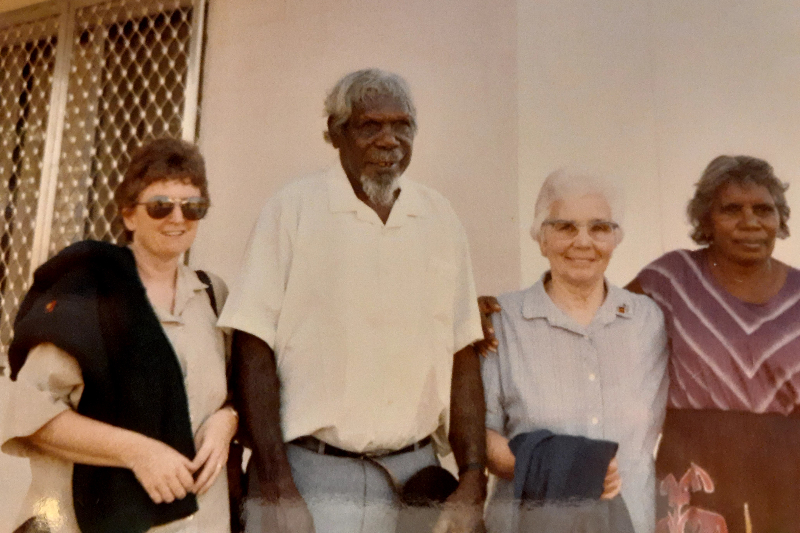
AUSTRALIA
- Paul Cleary
- 21 September 2021
1 Comment
In the late 1970s, two Mercy sisters answered a call to work with Aboriginal people, and they chose a place in the Pilbara region of Western Australia that had a notorious reputation. Sisters Bernadette Kennedy and Bernadine Daly arrived in the largely Aboriginal town of Roebourne in Australia’s north-west in mid-1978 to see if they were needed. They quickly discovered that in a town ‘awash with alcohol’ there was great need.
READ MORE 
-

ARTS AND CULTURE
- Geoff Page
- 14 September 2021
2 Comments
Once again we’re forced to think about the ones who’ve kept us going, doctors, nurses, nurses’ aides, swallowing their fear and knowing masks, however good, can never be sufficient, those who check each other’s PPE, all suited-up as if they planned a landing on the moon.
READ MORE 
-

ECONOMICS
- David James
- 07 September 2021
4 Comments
There is a three-way battle looming over the future of money and the stakes could scarcely be higher. Conventional money, mainly debt created by banks — the ‘folding stuff’ is only a tiny proportion of the total — is in trouble. Total global debt is now so large relative to the world economy it cannot be serviced, which is why monetary authorities have resorted to dropping interest rates. When they almost hit zero, the next step was quantitative easing (QE): printing money by getting the central bank to buy back government and corporate bonds and putting them on its ‘balance sheet’.
READ MORE 
-

RELIGION
One might submit that a Plenary Council is a cumbersome instrument to ascertain the genuinely representative views of the Catholic Church in Australia. Many of the canonical strictures regarding the membership, agenda and process of the Council will dampen the original enthusiasm for the Council that provoked over 17,500 submissions.
READ MORE 
-
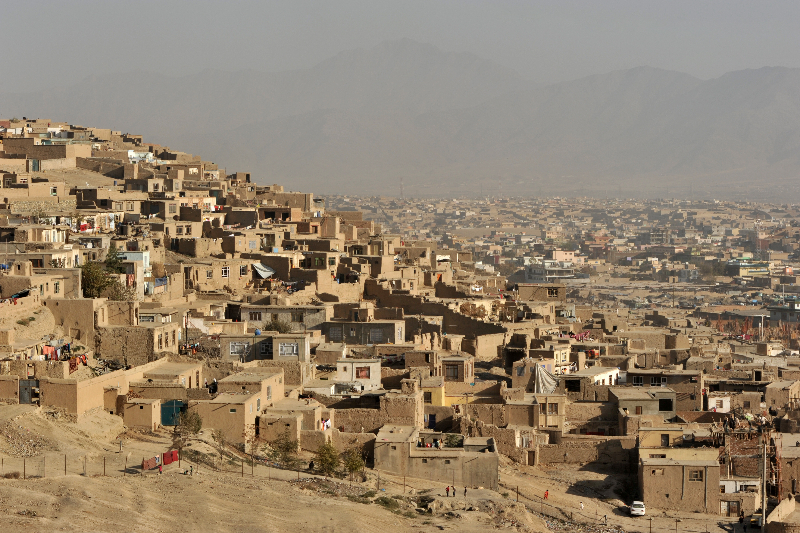
INTERNATIONAL
- Andrew Hamilton
- 24 August 2021
14 Comments
Most early commentary on the swift coming to power of the Taliban in Afghanistan has focused on how it happened and who was to blame for it. Much of the blame has been focused on United States President Biden and former President Trump. Increasingly attention has turned to the plight of people in Afghanistan, particularly women and those who helped the occupation forces and women.
READ MORE 
-

ECONOMICS
- David James
- 12 August 2021
4 Comments
The biggest mystery of the financial markets is why, when the monetary authorities have been printing money with their ears pinned back, is inflation for the most part not a problem? What happens with inflation is crucial to the short-term survival of the whole system. Global debt, which is running at well over 300 per cent of global GDP, is only sustainable because interest rates are exceptionally low (the base rate in Australia is only 0.1 per cent). And interest rates are low because inflation is not a problem.
READ MORE 
-
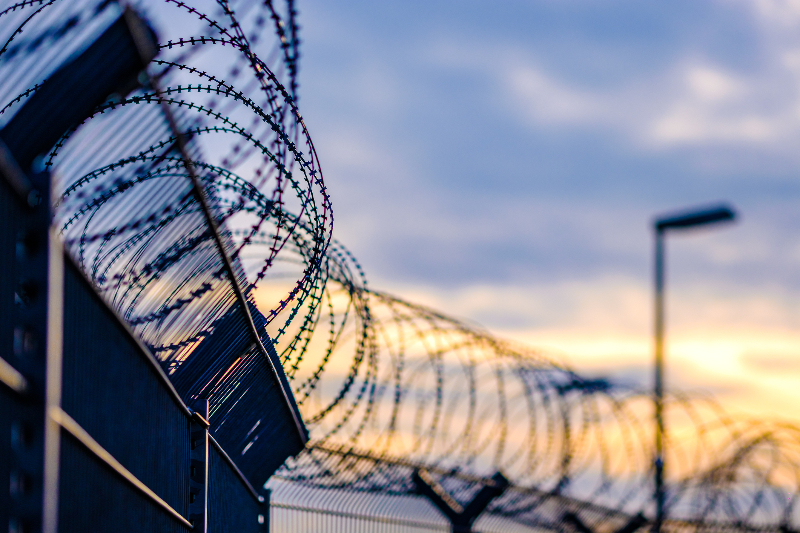
AUSTRALIA
- Andrew Hamilton
- 28 July 2021
9 Comments
The tidal movement from treating children as persons each with their own dignity, and worthy of respect and of encouragement to a good future, to treating them as adult and incorrigible criminals worthy only of punishment is both irrational and injurious of society as well as of the children themselves. Yet it is deeply rooted in the mindset of all Australian Governments.
READ MORE 
-
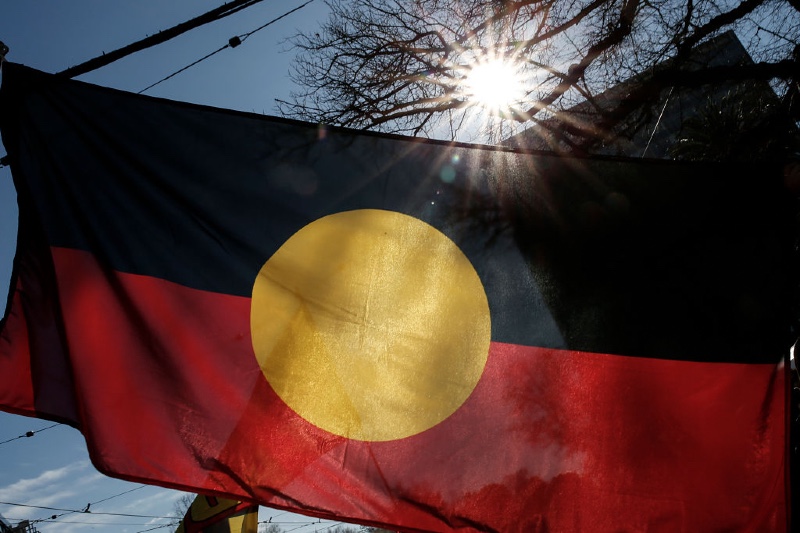
FAITH DOING JUSTICE
But it is possible the members of the Plenary could begin to hear a deeper voice speaking in their hearts. There may arise a new courage to start a process of truth and reconciliation, reporting the process of this journey to the second Plenary Council planned for Sydney, July 2022. We can only begin that journey if members of the Plenary Council come and are open to listening to that deep inner voice.
READ MORE
-
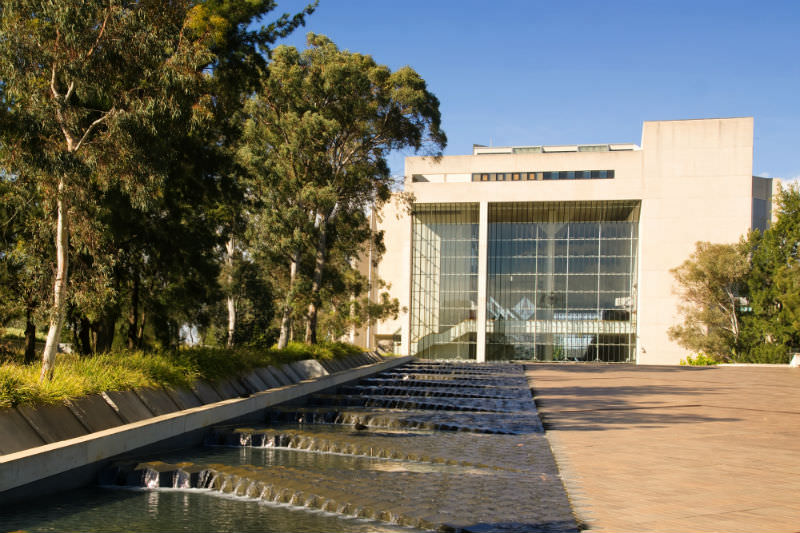
AUSTRALIA
- Frank Brennan
- 24 June 2021
11 Comments
Who’d have thought that during Refugee Week, Australia’s highest court would endorse the Parliament’s view that our non-refoulement obligations under the Refugee Convention and the Convention Against Torture were now an irrelevance.
READ MORE 
-

ECONOMICS
An often overlooked fact about the financial system is that it entirely depends on trust. When trust starts to evaporate, especially between the big players such as banks and insurance companies, the whole artifice is put into peril. Trust in the system is now at an extreme low and that points to extreme danger.
READ MORE 
-

AUSTRALIA
- Margaret Somerville
- 03 June 2021
9 Comments
No one on either side of the debate wants to see people suffer and the euthanasia debate is not about if we will die — we all will at some point. The debate is about how we will die and whether some ways of dying, namely euthanasia, are unethical and dangerous, especially to vulnerable and fragile people, and destructive of important shared values on which we base our societies.
READ MORE